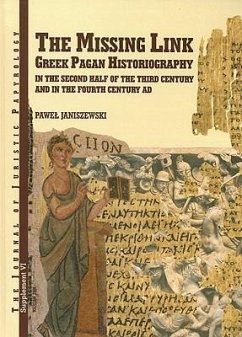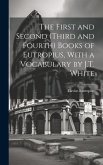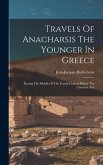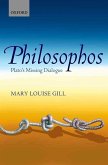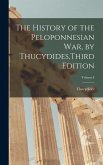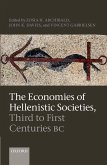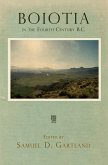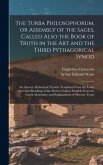When tracing the course of development of ancient Greek historiography, one comes upon a time gap of about 150 years, stretching from the middle of the 3rd to the end of the 4th century AD, at a time when Christian historiography emerged, and Eusebios of Caesarea wrote the first Ecclesiastical History. This heyday of Christian historiography, compared to a surprising decrease in the number of known histories written in Greek by Pagan authors, formed the basis for a theory of the fall of Pagan historiography in the second half of the 3rd century and in the 4th century. The aim of this work is to challenge this scheme of development of late-antique historiography by gathering information on Pagan, Greek historians active in the second half of the 3rd and in the 4th century.
